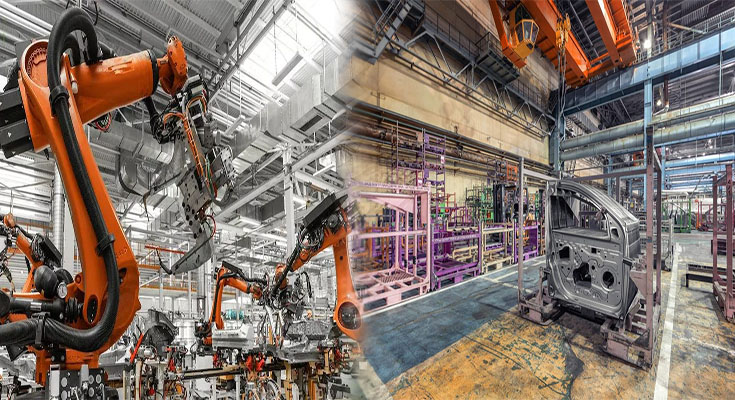As the world shifts towards a more sustainable and environmentally-friendly approach to manufacturing, the use of sustainable materials in the car manufacturing industry is gaining momentum. This shift is not only driven by environmental concerns but also by evolving consumer preferences and regulations aimed at reducing the carbon footprint of the automotive sector. Let’s take a closer look at the impact of sustainable materials on the car manufacturing industry.
Reducing Environmental Footprint
The traditional car manufacturing process has been associated with significant environmental impact, including high energy consumption, resource depletion, and release of harmful emissions. By incorporating sustainable materials such as recycled plastics, natural fibers, and bio-based materials, automakers can significantly reduce the environmental footprint of their production processes. This, in turn, helps in mitigating the adverse effects of manufacturing on the environment and contributes to the overall sustainability of the industry.
Promoting Circular Economy
The adoption of sustainable materials in car manufacturing aligns with the principles of a circular economy, wherein resources are reused, recycled, and repurposed. By utilizing materials that have been reclaimed or derived from renewable sources, automakers contribute to the reduction of waste and the conservation of natural resources. Moreover, the integration of sustainable materials facilitates the creation of vehicles that are more easily recyclable at the end of their lifecycle, further advancing the concept of circularity in the automotive industry.
Enhancing Energy Efficiency
Sustainable materials often possess characteristics that contribute to the energy efficiency of vehicles. For instance, the use of lightweight, high-strength materials derived from renewable sources can result in vehicles with improved fuel efficiency and reduced carbon emissions during operation. Additionally, advancements in sustainable materials technology can enable the development of energy-efficient components and structures, further enhancing the overall sustainability of the automotive manufacturing process.
Meeting Regulatory Requirements and Consumer Demands
The incorporation of sustainable materials aligns with the stringent regulations and emission standards imposed by governments and international organizations. Many regions are increasingly mandating the use of eco-friendly materials in vehicle production to curb greenhouse gas emissions and promote sustainable practices. Simultaneously, consumers are showing a growing preference for eco-conscious products, including cars manufactured with sustainable materials. As a result, automakers are compelled to adapt to these evolving market dynamics and cater to the demand for greener, more sustainable vehicles.
Driving Innovation and Collaboration
The pursuit of sustainability in car manufacturing has spurred innovation across the industry. Automakers are investing in research and development to discover and implement new sustainable materials and manufacturing processes. This drive for innovation has also fostered collaboration between car manufacturers, material suppliers, and research institutions, leading to the sharing of knowledge and the development of cutting-edge sustainable solutions.
Shaping the Future of Car Manufacturing
The gradual integration of sustainable materials into the car manufacturing industry is transforming the way vehicles are designed, produced, and perceived. This paradigm shift is poised to shape the future of car manufacturing by promoting greener practices, reducing environmental impact, and meeting the demands of a more conscientious consumer base. As sustainability continues to be a key driver of change, the adoption of sustainable materials is set to play a pivotal role in shaping a more environmentally-friendly and responsible automotive industry.
In summary, the impact of sustainable materials on the car manufacturing industry is profound, driving positive change in environmental responsibility, resource efficiency, innovation, and consumer satisfaction. The ongoing transition towards sustainable materials is not only a reflection of the industry’s commitment to sustainability but also a crucial step towards a more sustainable and resilient automotive ecosystem.

